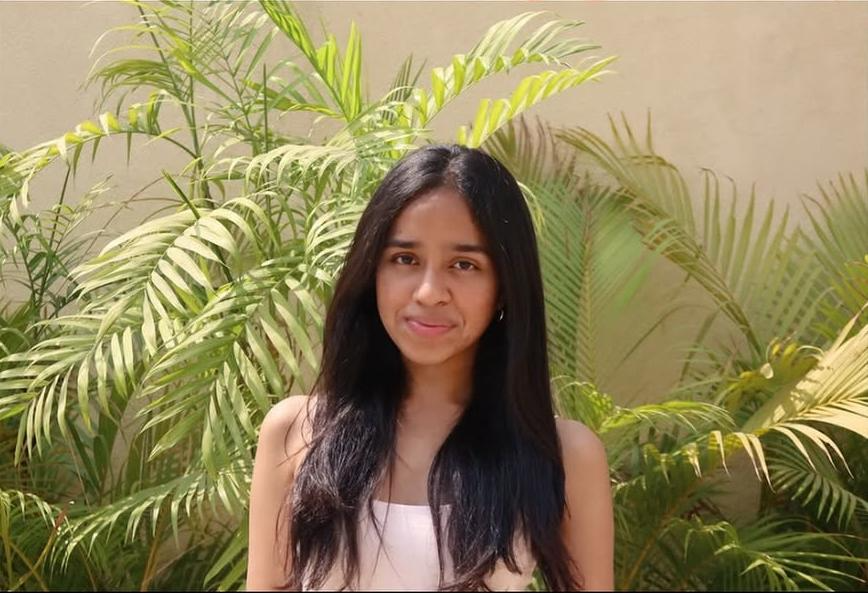viper zine
- purvajarao
- Aug 25
- 2 min read
I joined Viper Zine as a writer in 9th grade, wide-eyed and slightly terrified of Google Docs comment threads. Back then, I submitted articles nervously, hoping my sentences wouldn’t be torn apart by edits or, worse, ignored completely. I still remember the thrill of seeing my first byline — the sense that maybe my words mattered, even just a little.
Two years later, I took over as Editor-in-Chief.
Leading Viper Zine in 11th grade was equal parts exciting and overwhelming. Suddenly, I was on the other side of the screen — reviewing submissions, managing layouts, balancing deadlines with team morale, and trying to keep the magazine not only running, but evolving. We wanted the zine to feel bold, current, and student-driven — a reflection of our school’s voice, not just a bulletin of achievements.
We experimented with new formats: theme-based issues, open letters, satire pieces, even collaborative art spreads. I pushed for more editorial transparency, gave feedback that I hoped was kind but honest, and tried to make space for younger writers to feel heard the way I once wanted to be.
What I learnedEditing is about more than fixing grammar. It’s about listening — to tone, to intention, to the space between what a writer is trying to say and what they’ve actually written. It taught me how to lead a creative team, how to manage deadlines without micromanaging, and how to make decisions without shutting down voices.
But more than that, it taught me how to trust myself — as a reader, as a leader, and as someone who could help shape a platform worth reading.
Why it matteredViper Zine wasn’t just a school magazine to me. It was a training ground for everything I care about: writing, editing, collaboration, and creating spaces where people can speak — and be heard. It gave me a chance to contribute to school life in a way that felt creative and lasting. And it reminded me, issue after issue, that stories matter — especially the ones told by students themselves.





Comments